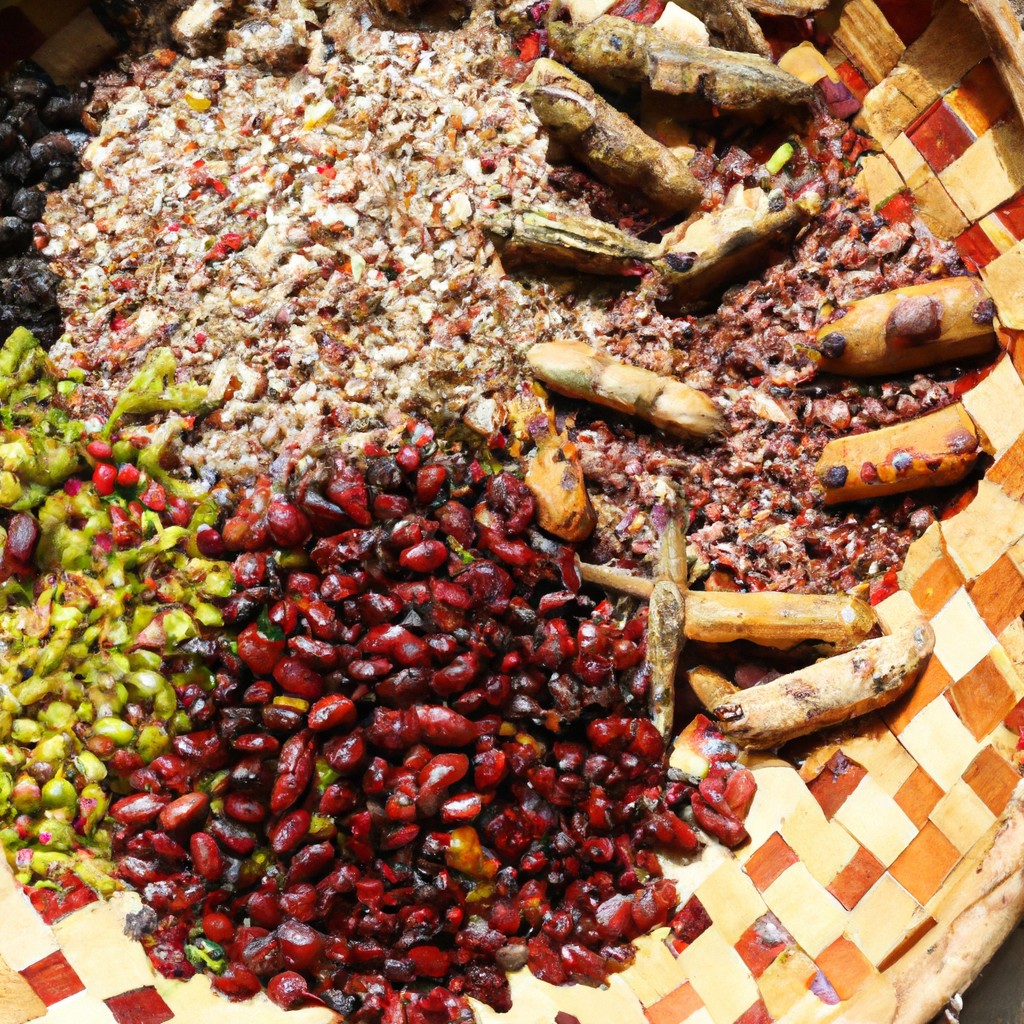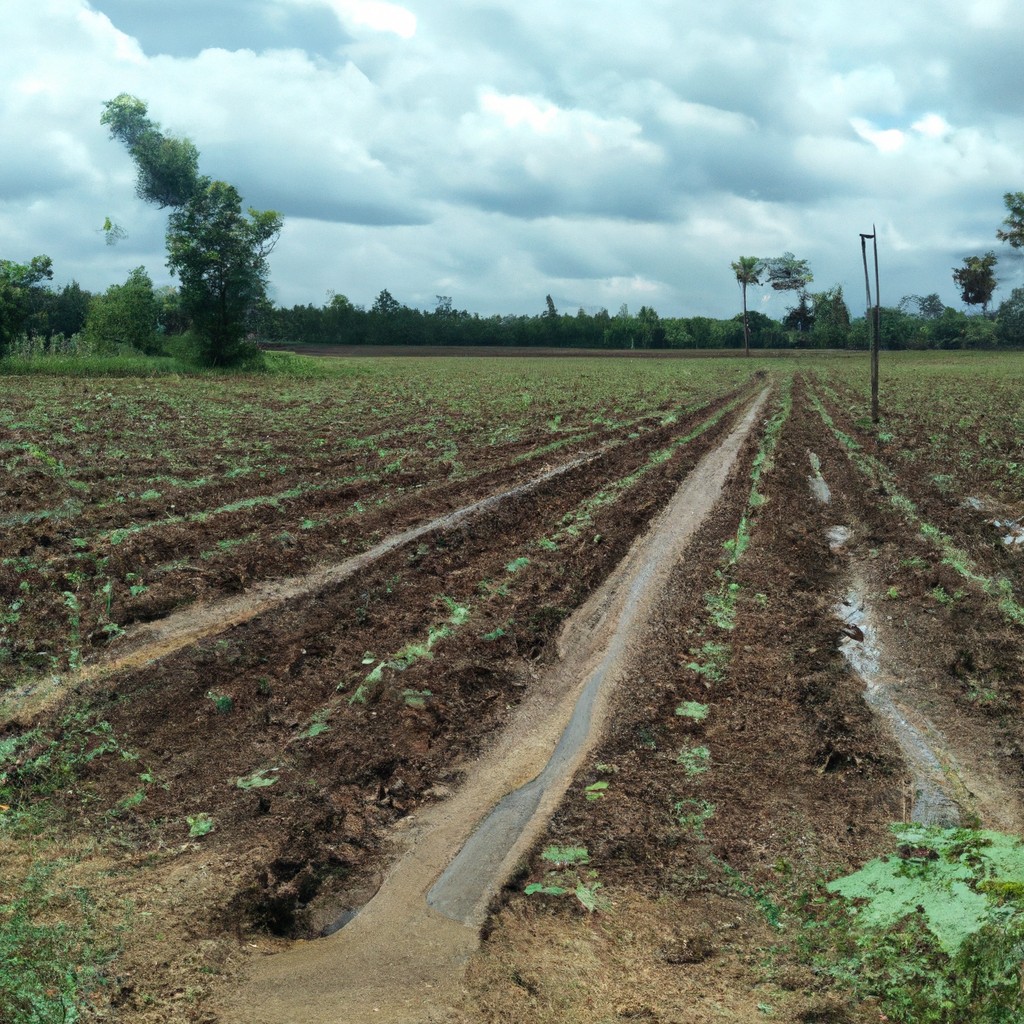An online agriculture degree offers the flexibility to study soil health, plant science, and farm management from anywhere in the world.
Look Inside:
Curriculum and Degree Requirements

Students enrolled in an online agriculture degree program will encounter a diverse range of subjects designed to provide a comprehensive understanding of the agricultural sector. Common courses include soil science, where you’ll delve into soil composition and fertility, and plant science, which covers the biology of plants critical for crop production. Animal science is also featured prominently, offering insights into livestock management and veterinary basics.
Additional coursework might explore agricultural economics, giving students an understanding of how markets affect farming practices and vice versa. Sustainable farming practices are emphasized as well, preparing graduates to meet modern agricultural challenges with environmentally responsible methods.
Programs typically culminate in a capstone project, where students apply their learning to real-world agricultural problems. This hands-on experience is crucial for solidifying the knowledge gained throughout the program.
Admission Requirements
For prospective students, the path to enrolling in an online agriculture degree program starts with understanding what’s required. Common prerequisites include:
– A high school diploma or equivalent, with a record of coursework in biology and potentially other sciences.
– Standardized test scores, such as the SAT or ACT, although many programs are moving toward test-optional admissions.
– Depending on the institution, relevant work experience in agriculture or a related field might bolster an application. This can be particularly compelling for programs that focus on practical, hands-on learning.
– Letters of recommendation from teachers or professionals in the field can also play a crucial role, offering insights into an applicant’s capabilities and dedication.
Meeting these requirements puts you on solid footing for acceptance, allowing you to embark on your path to a career in sustainable agriculture, equipped with the right academic framework.
Tuition and Financial Aid
Pursuing an online degree in agriculture opens several avenues for financial support, making education more accessible. Many institutions offering these programs provide a range of scholarships specifically designed for agri-studies. For instance, scholarships may target students from rural backgrounds or those committed to sustainable farming practices.
Moreover, federal financial aid is often available to students enrolled in accredited online courses. It’s wise to fill out the Free Application for Federal Student Aid (FAFSA) to evaluate eligibility for loans, grants, and work-study opportunities.
Potential students should also explore tuition payment plans which break down costs into manageable monthly payments. This can alleviate the burden of a lump-sum payment each semester.
Additionally, some universities offer reduced tuition rates for online students or specific discounts for military personnel and veterans.
Career Prospects
Graduating with a degree in agriculture opens numerous doors in industries such as farming management, agricultural consulting, and food production safety. Prospective job roles include Agricultural Manager, Agronomist, or Conservation Scientist, each playing a crucial role in shaping sustainable practices within the sector.
Additionally, graduates might explore opportunities in education, government agencies, or non-profit organizations, all of which seek to support agricultural development and policy. The evolving nature of technology in agriculture also means new careers in tech-driven fields like precision farming and agricultural data analysis are emerging, enhancing traditional farming methods with cutting-edge innovations.
Overall, the diversity of career paths available reflects the expanding scope of agricultural education, making an online degree both a versatile and practical investment in your future.
Accreditation and Next Steps
Choosing a program with proper accreditation is crucial for ensuring the validity and recognition of your degree. Look for programs accredited by recognized bodies like the U.S. Department of Education or the Council for Higher Education Accreditation. This guarantees that your education meets high-quality standards and will be respected in the professional world.
After selecting an accredited program, the next steps involve applying and preparing for your studies. Gather your transcripts, recommendations, and relevant documents well ahead of the application deadline. Once admitted, familiarize yourself with the online learning environment and resources offered by the institution to maximize your education experience.
Lastly, actively engage with instructors and peers in your online courses. This not only enriches your learning but also helps in building a professional network that can be invaluable in your future career.




